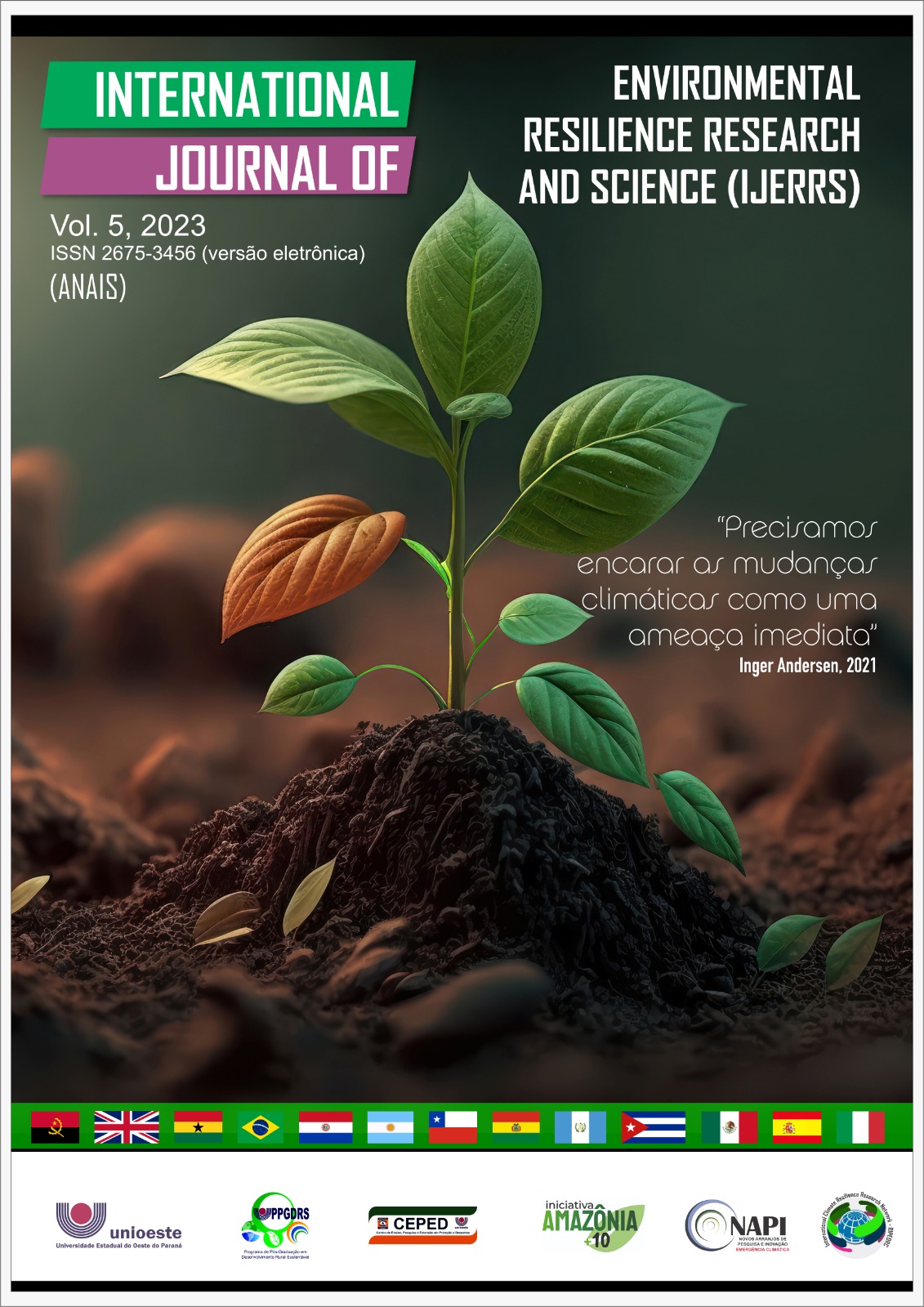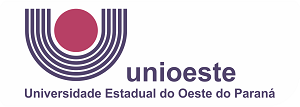A Horta Escolar como Instrumento de Educação Alimentar e Nutricional no Ensino da Geografia
DOI:
https://doi.org/10.48075/ijerrs.v6i3.32438Abstract
ABSTRACT
There is an understanding of the importance of food for intellectual growth and for the cognitive development of the individual. For this reason, with the aim of encouraging and guiding students and their families on the advantages of adequate and healthy food for improving quality of life, as well as the production of scientific knowledge, work was carried out in Geography classes through the cultivation of a school garden. To this end, various activities were carried out with 5th grade students from a municipal school in Marechal Cândido Rondon, Paraná, which involved interaction between students, parents and other members of the school community, aimed at forming values and knowledge about agroecology with a view to food education. As a result, it was possible to discuss sustainable practices, preparing the beds, using organic fertilizer and recyclable materials to plant vegetable seedlings, medicinal herbs and spices, among other things. It was considered that with effort and unity, the educational intervention was successfully developed, enabling a new vision of agroecology, environmental conservation, healthy eating and quality of life.
KEYWORDS: Food, Agroecology, Geography, School, Cultivation.
Downloads
Published
How to Cite
Issue
Section
License
Copyright (c) 2024 International Journal of Environmental Resilience Research and Science

This work is licensed under a Creative Commons Attribution-NonCommercial-ShareAlike 4.0 International License.
Aviso de Direito Autoral Creative Commons
Política para Periódicos de Acesso Livre
Autores que publicam nesta revista concordam com os seguintes termos:
1. Autores mantém os direitos autorais e concedem à revista o direito de primeira publicação, com o trabalho simultaneamente licenciado sob a Licença Creative Commons Attribution que permite o compartilhamento do trabalho com reconhecimento da autoria e publicação inicial nesta revista.2. Autores têm autorização para assumir contratos adicionais separadamente, para distribuição não-exclusiva da versão do trabalho publicada nesta revista (ex.: publicar em repositório institucional ou como capítulo de livro), com reconhecimento de autoria e publicação inicial nesta revista.
3. Autores têm permissão e são estimulados a publicar e distribuir seu trabalho online (ex.: em repositórios institucionais ou na sua página pessoal) a qualquer ponto antes ou durante o processo editorial, já que isso pode gerar alterações produtivas, bem como aumentar o impacto e a citação do trabalho publicado (Veja O Efeito do Acesso Livre).
Licença Creative Commons
Esta obra está licenciada com uma Licença Creative Commons Atribuição-NãoComercial-CompartilhaIgual 4.0 Internacional, o que permite compartilhar, copiar, distribuir, exibir, reproduzir, a totalidade ou partes desde que não tenha objetivo comercial e sejam citados os autores e a fonte.









